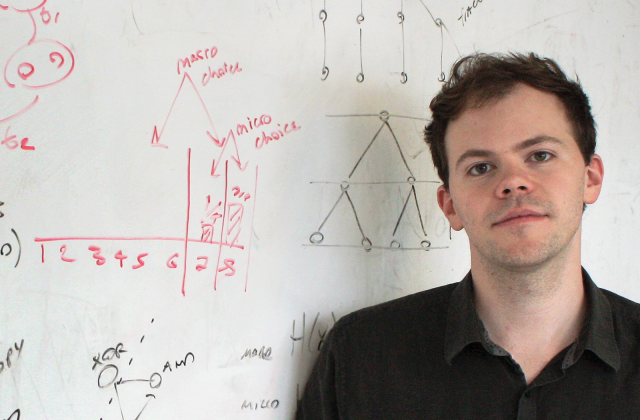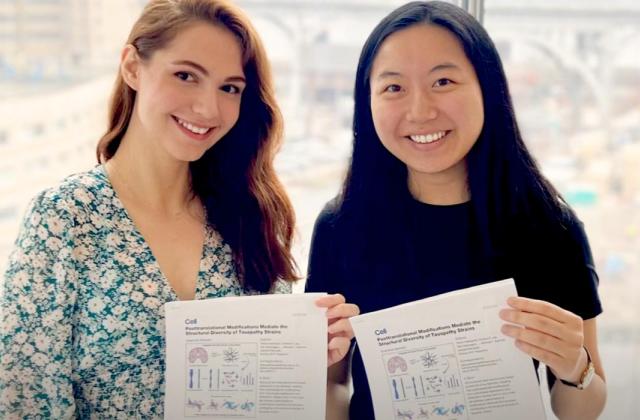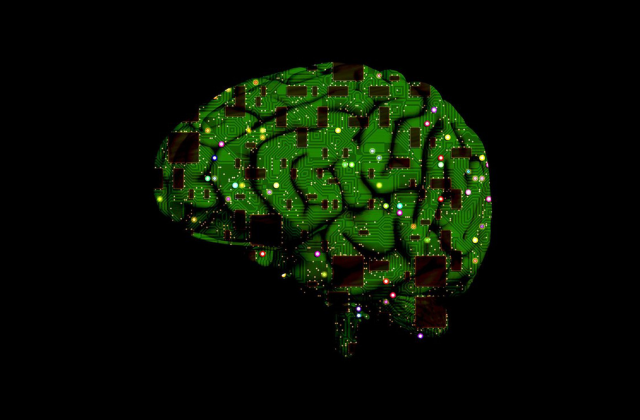Why should you try something new every day?

Columbia scientists have discovered that learning new things can prime the brain for adapting to changing circumstances. Researchers at the Zuckerman Institute had mice navigate simple mazes where the rules for finding rewards changed. Before entering the maze, some of the mice had the opportunity to explore unfamiliar areas or encounter unknown mice. The mice who had a new experience before attempting the maze had more success navigating it.
Brain scans of both groups of mice (those with a novel experience prior to the maze and those without that experience) showed that theta waves strengthened in the mice who explored a new environment or met an unfamiliar mouse. Theta waves, which increase during sleep and meditation, help us process information and make memories. In this experiment, the theta waves reprogrammed regions of the brain associated with learning and memory, disrupting established connections to prime the brain for flexibility in the face of novelty.
By blocking the brain chemical dopamine to cells in these parts of the brain, the scientists were able to stop the benefits of the mice’s exposure to new environments and mice—they had more difficulty navigating the mazes. Then, the scientists artificially activated the same cells, and the mice received the novelty benefit without any new experiences.
These results suggest that focusing on theta waves and dopamine could be helpful for those with neuropsychiatric disorders like schizophrenia, obsessive-compulsive disorder, or depression, many of whom have trouble being flexible when faced with new situations. The areas of the brain connected with learning and memory-making have been found to be abnormal for many with these disorders, so finding new ways to engage these parts may be crucial to helping them learn and adapt more flexibly. The research also shows the importance of doing something new every day to keep our brains ready to learn. Learn more.
Make Your Commitment Today




